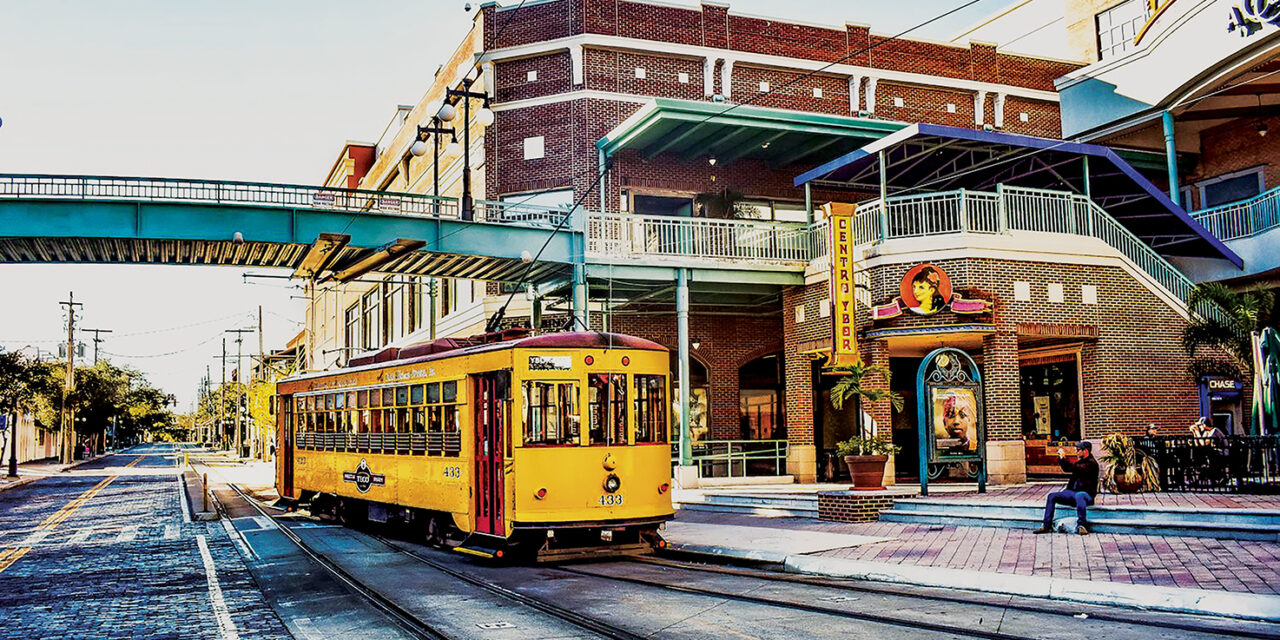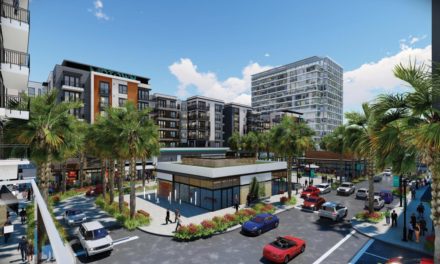
By William P.
Ybor and his partner Ignacio Haya purchased an undeveloped piece of land with the idea of creating a hardworking community with the influence of Spanish Cuba. Before moving to the United States, Ybor lived in Cuba for 15 years working in the factory industry and cigar-manufacturing business, and even penned his own brand, “Prince of Wales,” with great success.
Together, the two created a partnership to bring their business stateside in Tampa, Florida. After establishing businesses in New York and Key West, the pair decided to make their move to the warm, humid climate in Tampa, and from there, the rest is history.
In 1886, Ybor and his colleagues supervised the construction of some 176 worker houses in Ybor City, the eventual home for 3,000 workers hand-rolling cigars in new factories.
It was at this moment that Ybor’s cigar background would transition into a worldwide phenomenon. By 1890, the city’s population had grown twofold to roughly 6,000 people, with a large percentage comprising of Cuban immigrants, 15 percent of which were Afro-Cuban.
By 1900, Ybor City’s manufacturers produced the highest-quality, hand-rolled tobacco products in the world. Yes, Ybor City surpassed the gold standard of Havana, Cuba. This renaissance helped coin the city as the “Cigar Capital of the World.” Sadly, Ybor would not live past 1896 to see his hard work gain such acclaim.
Not long after, other prominent Latin cigar brands joined Ybor’s manufacturing monolith in Tampa and grew even more. By the time the roaring 20s rolled around, cigars were being produced in 36 different shapes and sizes.
Unfortunately, the cigar industry suffered great losses in the late 20s and early 30s due to the Great Depression and later again due to a mass exodus of immigrants during World War II.
Despite a slight recovery after the war, Ybor City would never return to its glory days. But after urban renewal projects in the city began tearing down parts of the historic district in 1965, a local movement began to preserve the remaining important buildings.
Today, Ybor City continues to serve as a heavily influenced Cuban/Hispanic town in the heart of Tampa, and cigars can still be purchased from small storefronts along Ybor’s 7th Avenue.
Along this busy street, tourists and locals alike can get their fix of fresh hand-rolled cigars at the following spots:
Tabanero Cigars
Long Ash Cigars
King Corona Cigars
Ybor Cigars Plus
La Faraona Cigars
So the next time you visit Florida or Tampa, swing by Ybor City and pick up a stogie or visit the local breweries while you munch on Cuban cuisine and remember this history lesson so you can impress your friends with some cool facts about this often overlooked gem.







